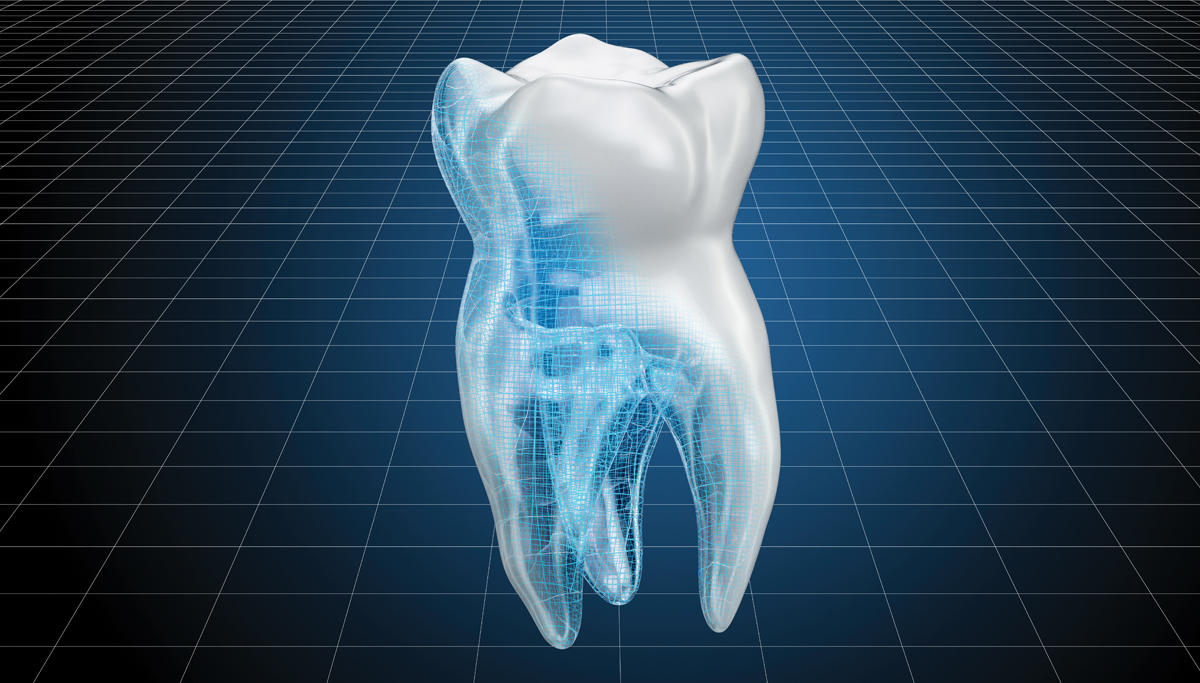Some people never grow wisdom teeth
Readers ask, we answer:
My wisdom teeth haven’t grown in
Clayton asks: "What happens if my wisdom teeth don't grow in?"
There are a few reasons your wisdom teeth might not have grown in yet! Some wisdom teeth are delayed naturally due to your genetics or grow in at uncomfortable angles, while some people’s wisdom teeth never grow at all.
Most adults’ wisdom teeth will begin to appear between ages 17 and 21, but it’s also relatively common for wisdom teeth to never show up. Anywhere from 5% to 37% of adults worldwide have never grown them.
There’s no need to worry if your wisdom teeth never grow at all. Humans grew past the need for wisdom teeth a long time ago, so having them doesn’t help us and not having them doesn’t harm us.
Why don’t they grow in? Genetics may be a factor in whether you develop wisdom teeth, so you might not have wisdom teeth if one or both of your parents never grew them. However, it can be difficult to tell if genetics is the only factor in their development because your wisdom teeth develop later than your other teeth.
While your baby teeth and some permanent teeth start forming before birth, your wisdom teeth start forming until around age 8 and usually show up in your late teens. Because wisdom teeth start developing so late, there’s a lot of time for external factors like diseases and head trauma to prevent the process that kicks off their development.
Did you know? They’re called wisdom teeth because they generally start growing in much later than the teeth you grow in your childhood.
Some wisdom teeth grow but don’t grow through your gums
What about if your wisdom teeth do grow but you still can’t see them in your mouth? That’s actually pretty common!
Most of the time your teeth, including your wisdom teeth, will grow straight up or down out of your gums. When your teeth have grown through your gums, your dentist will say they’ve erupted. Unfortunately, wisdom teeth can sometimes grow at an angle and don’t always erupt. Wisdom teeth that don’t properly emerge from your gums are called impacted wisdom teeth.
Impacted wisdom teeth don’t always cause problems. However, if you do experience symptoms, it could be because your wisdom teeth are pushing on your other teeth and damaging them. Those symptoms don’t go away if you wait — they keep happening until the teeth are addressed and they can get worse.
Early symptoms of impacted wisdom teeth include:
-

Bad breath
-

Red, swollen or bleeding gums
-

Jaw aches and pain
If left untreated, impacted wisdom teeth can cause more serious oral health conditions such as:
-

Cysts
-

Tooth decay
-

Damage to other teeth
-

Gum disease
-

Pain from shifting teeth
If you have concerns about your wisdom teeth, talk to your dentist about getting an evaluation soon. Making the choice to remove wisdom teeth can be very complicated and you should discuss it with your dentist to understand the benefits and risks.
There’s nothing you can do to prevent or treat impacted wisdom teeth at home, so you don’t need to worry about special care. Just make sure to continue your regular dental checkups, which allow your dentist to monitor the health and growth of all your teeth.
My child’s baby tooth is loose. What should I do?
If your child has a loose baby tooth that just won’t come out, it can be tempting to it give a quick pull. But that might not be a good idea.
Robots in your smile
Scientists around the world are researching new technology that could get your smile cleaner and healthier than ever before.
Autoimmune diseases and oral health
Having an autoimmune disease can take a huge toll on the health of your mouth. Here are some steps you can take to help save your oral health.






